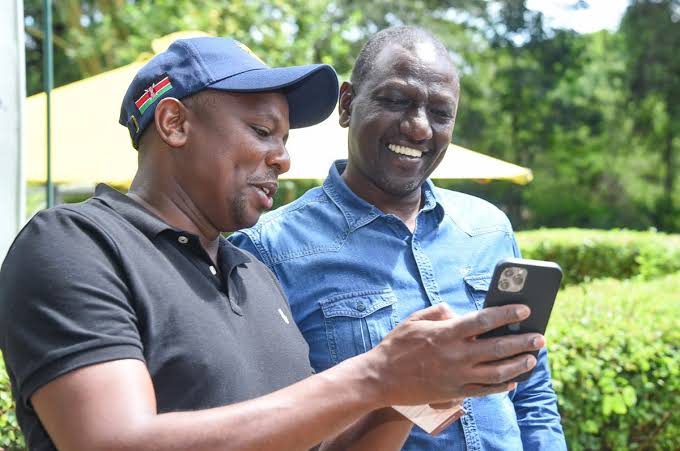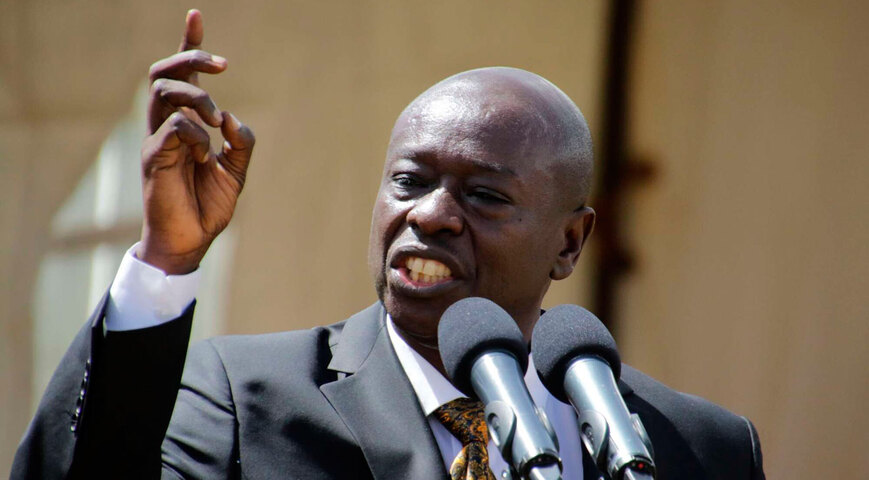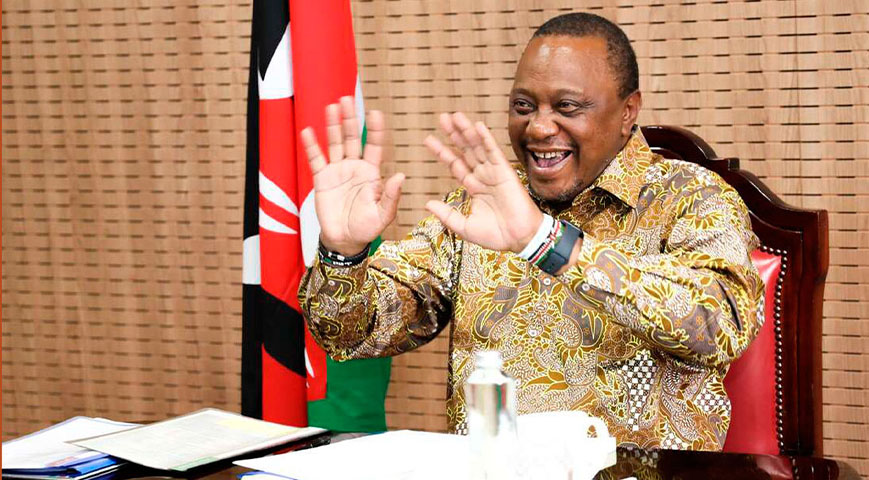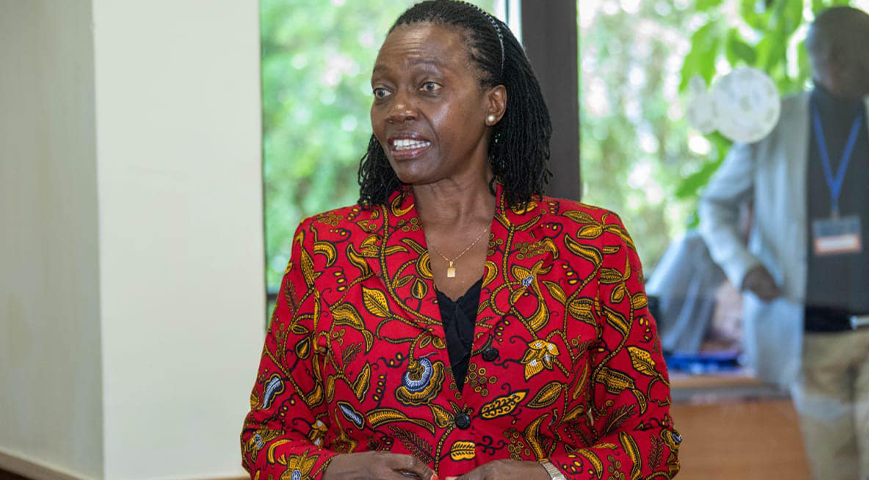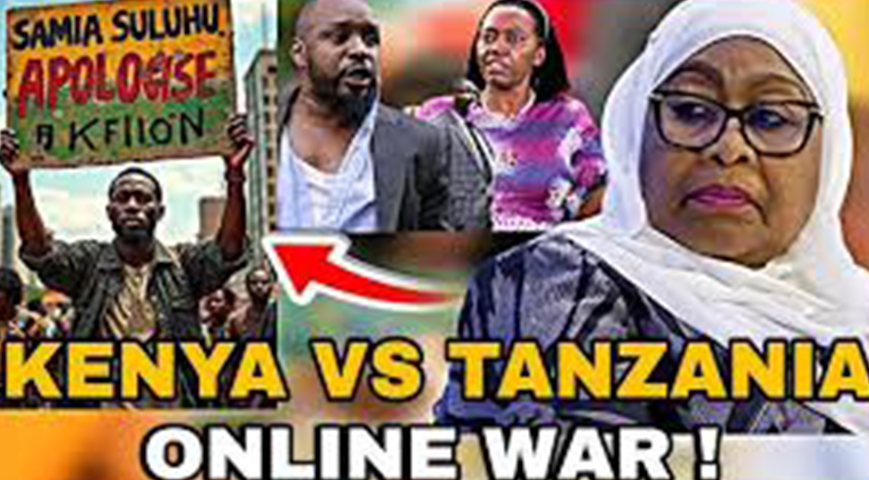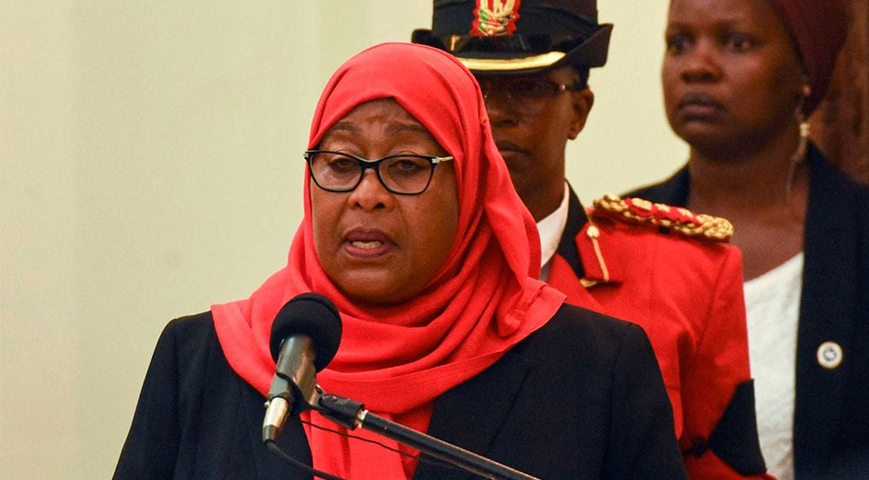Raila Odinga and President William Ruto's talk, which they agreed to hold on Sunday, is not aimed at a truce like Raila Odinga's ceasefire with former President Uhuru Kenyatta in 2018, according to National Assembly Majority Leader Kimani Ichung'wah.
By agreeing to stop their political conflict on March 9, often known as "the handshake," Kenyatta and Odinga ended weeks of political upheaval and civil unrest stemming from disagreements over the 2017 General Election.
Odinga also announced on Sunday that he is open to negotiation to resolve the opposition's significant disagreements with Ruto's administration, ending the biweekly anti-government demonstrations he had been staging for the previous two weeks.
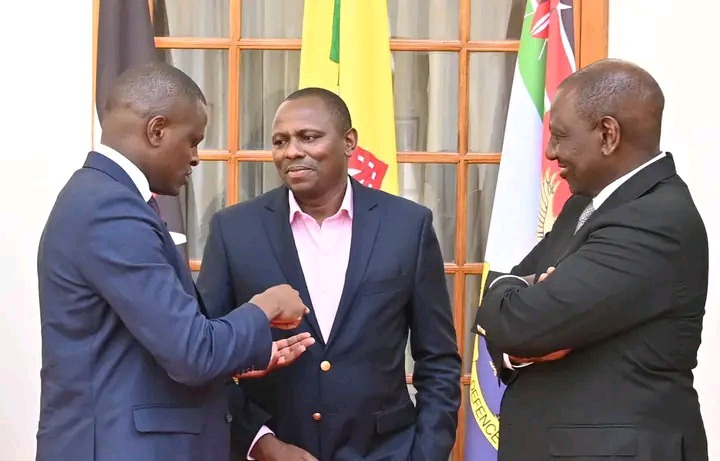
It came after President Ruto urged Odinga to end the protests and instead consider talks toward a bipartisan parliamentary procedure for selecting commissioners for the Independent Election and Boundaries Commission a few hours earlier (IEBC).
Did you read this?
One of the concerns the opposition had brought up with President Ruto's administration was the creation of a new electoral body.
Nonetheless, the majority leader says that this should not be seen as the creation of another "handshake." Ichung'wah told reporters that Ruto and Odinga have not yet spoken and that their upcoming conversation will only be in "the country's interests."
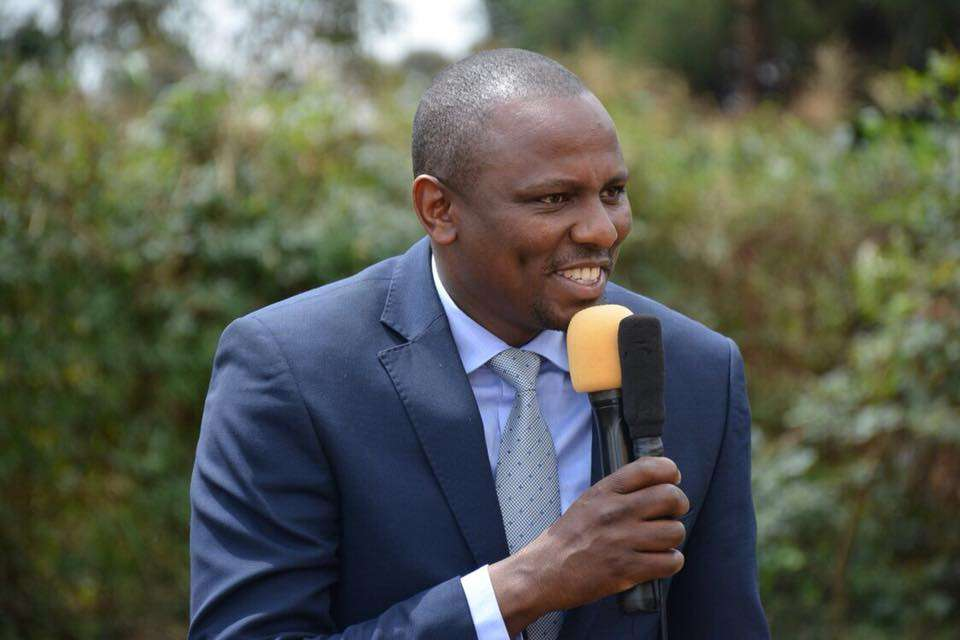
The president has yet to speak to Raila Odinga; I can confirm that. He hasn't even exchanged words with him, let alone extended a hand. A handshake doesn't involve any touching, according to the Kikuyu MP.
The nonpartisan strategy prioritizes the national interest over the political objectives of Kenya Kwanza or Azimio.
President Ruto met with Ichung'wah and other legislative leaders on Monday to create a framework for the cross-partisan parliamentary process.
To continue the negotiations, Ruto's administration must adhere to several demands made by Odinga on Sunday, including the unconditional release of all demonstrators and the dropping of all charges against them.
The alliance also demanded the reinstatement of the four IEBC commissioners who were fired for rejecting the results of the 2022 General Election, which saw William Ruto declared the winner.
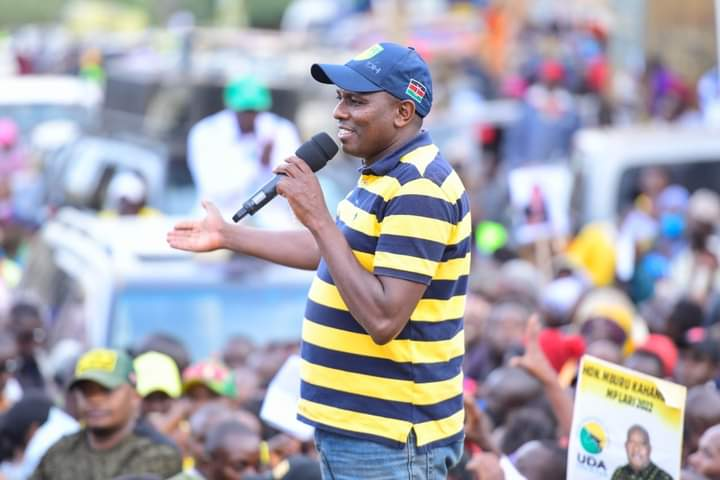
The opposition also demanded that the government return to the subsidies used by President Uhuru Kenyatta's administration to shield Kenyans from the crippling cost of living, arguing that doing so is an unavoidable minimum.
Noordin Haji, the director of public prosecutions, has since dropped charges against six Azimio coalition-aligned figures stemming from the protests.
Odinga stated that he is prepared to begin talks with the President of State on Monday, but he also threatened to continue protests if "no significant outcome" is achieved in that time.

